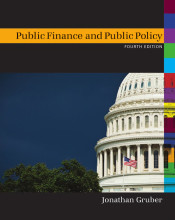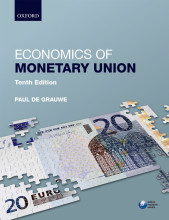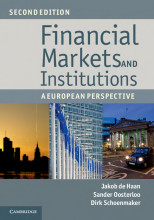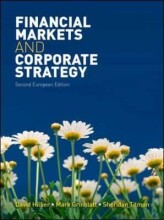Taxes on savings
8 important questions on Taxes on savings
What is capital income taxation?
What is the intertemporal choice model?
In which two ways do taxes and other price changes affect savings? What do empirics say?
Income effect: lower after-tax interest rates reduce the lifetime value of income, reducing first-period consumption and increasing savings
Evidence is ambiguous: either no impact or positive (income effect)
- Higher grades + faster learning
- Never study anything twice
- 100% sure, 100% understanding
Why is studying the connections between after-tax interest rate and savings difficult?
2 Interest on any type of savings typically changes over time in the same way for all individuals, making it hard to find appropriate treatment and control groups
The traditional model assumes that people only save to smooth consumption, not to self-insure. Which model states against this? And explain it.
What is a pension plan?
What is the difference between DB pension plans and DC?
DC: employers set aside a certian proportion of a worker's earnings in an investment account, and upon retirement, the worker receives the investment and any earnings
What is some evidence on tax incentives and savings?
2. Several studies suggest that opt-out policies of enrollment have an even larger impact on savings than do tax subsidies
The question on the page originate from the summary of the following study material:
- A unique study and practice tool
- Never study anything twice again
- Get the grades you hope for
- 100% sure, 100% understanding
































